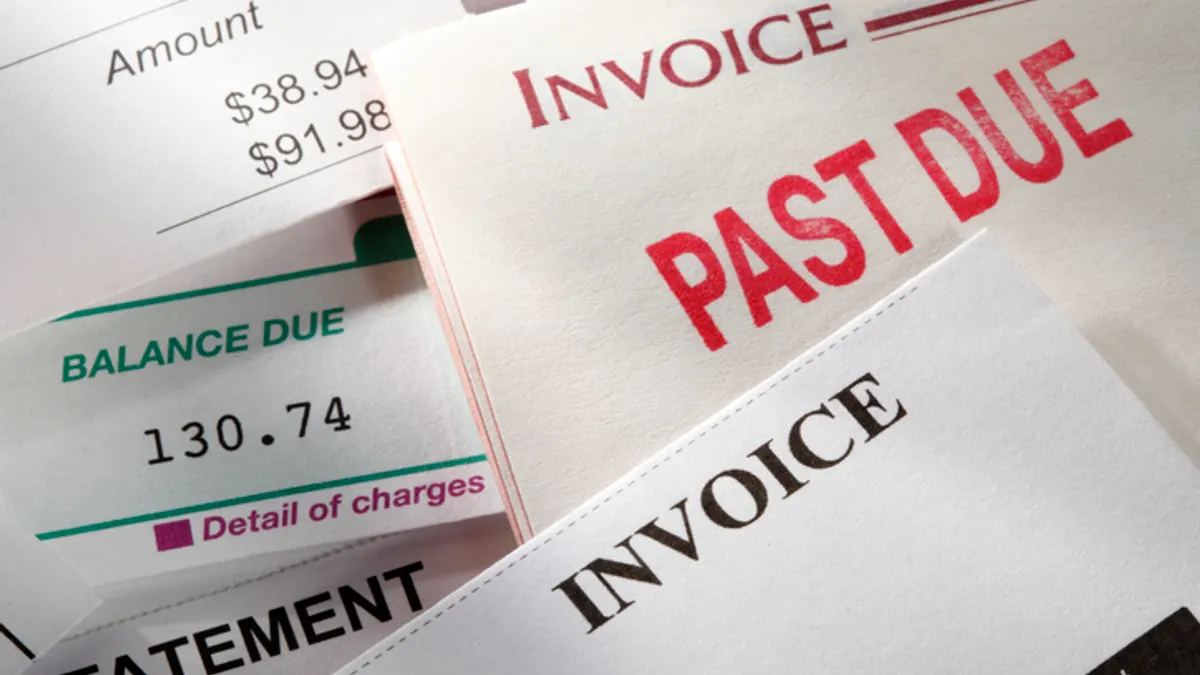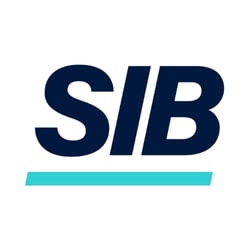Dive Brief:
- Global businesses rejected 6.95% of the total of 272 million invoices received during the first quarter, compared to 1.86% during the year-earlier period, according to an analysis of invoices by Basware, a Helsinki, Finland-based financial automation company.
- The rise in rejections roughly coincides with the start of the U.S. trade war — initially kicked off about a third of the way through the quarter by President Donald Trump in February — which complicates the invoice process as rate fluctuations and changes in prices require additional administration that needs to be reflected in invoices, according to a release on the findings of the analysis reviewed by CFO Dive.
- “The U.S. tariff situation is creating stress in an unintended place — finance operations and specifically invoice processing,” Jason Kurtz, CEO of Basware said in a statement included in the release. “Similar to the supply chain disruption experienced during the pandemic, it suggests companies are using payment delays as a financial buffer against economic uncertainty.”
Dive Insight:
Days sales outstanding, or the average number of days it takes a company to get paid for a sale, is a measure of cash flow health that is closely watched by CFOs and accounts receivable professionals.
On the other side of the table are companies that are vetting invoices before paying them, sometimes declining for good reason to pay based on a variety of administrative or business concerns. These include incorrect purchase order numbers, missing tax information or regulatory discrepancies, disagreements over billed amounts, or suspicious vendor information, according to Basware.
It’s up to businesses to manage their deals and address any true problems driving genuine rejections to avoid long-term damage to relationships between the buyer and suppliers, Kurtz said in an emailed response to questions. “While rejection can result in a delay, it doesn’t mean the supplier won’t eventually be paid,” Kurtz said.
The spike in rejections suggests that increased rejections are not driven by simple administrative mistakes but rather by some companies that are seeking to renegotiate agreements or blocking payments to stockpile cash, Basware asserts. “It’s a sign that businesses are under significant stress,” Kurtz said.
The findings were included in Basware's Invoice Rejection Analysis, which examined volumes and rejection rates across 272 million invoices throughout 2024 and Q1 2025.















